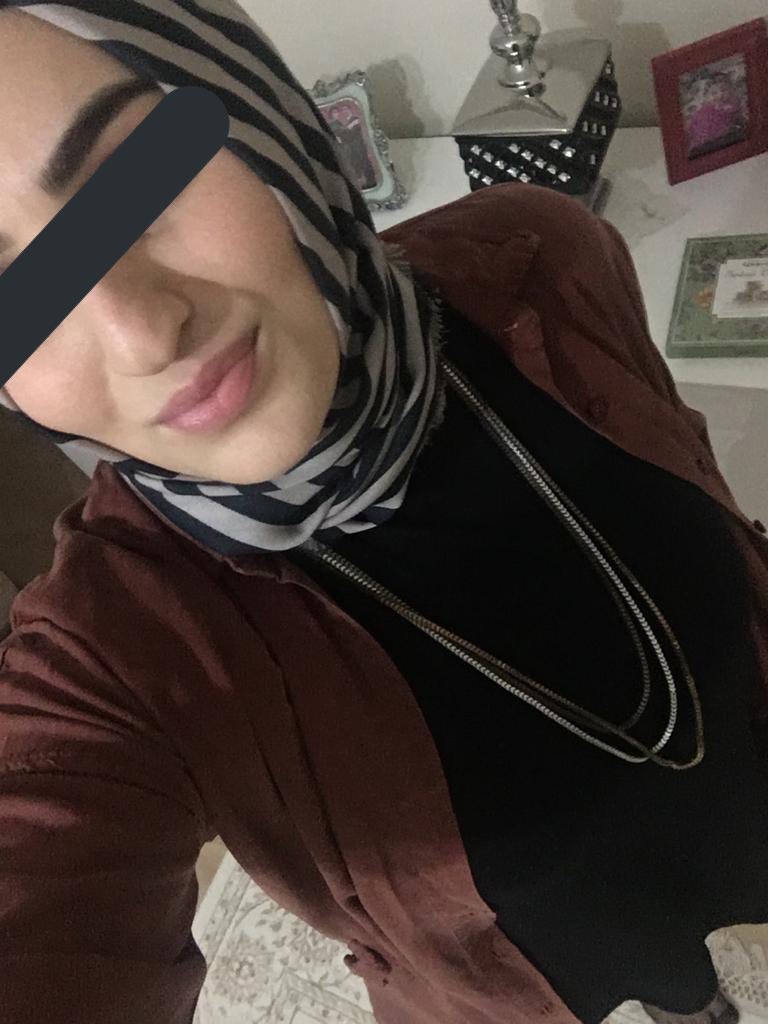Explore Turk Ifsa Videos & Content - Free Access!
Is the allure of the clandestine and the forbidden truly irresistible? The online world, particularly platforms like Pornhub and fuqqt.com, offer a vast array of content, including "turk ifa sotwe porn videos," promising a glimpse into a world of explicit encounters. This exploration delves into the complex landscape where cultural identity, digital spaces, and personal expression converge, prompting a critical examination of the content and the context that fuels its popularity.
The digital sphere, often mirroring and amplifying the complexities of the physical world, provides a unique lens through which to examine human behavior and societal norms. The rise of platforms hosting adult content, including those featuring content tagged with terms like "turk ifa" (Turkish disclosure/exposure), reflects evolving attitudes toward sexuality, privacy, and cultural representation. The motivations driving both the creation and consumption of this content are multifaceted, ranging from artistic expression to voyeurism, economic gain, and the exploration of personal boundaries.
The accessibility of such content raises critical questions about ethical boundaries, the exploitation of individuals, and the potential impact on societal values. It is essential to approach this subject with sensitivity, acknowledging the diversity of perspectives and experiences within the Turkish community and beyond.
The following table provides a general overview of key aspects related to the topic, focusing on the broader context of content creation and consumption:
| Category | Details |
|---|---|
| Content Types | Videos, images, and other media featuring explicit sexual content. Often categorized by nationality, ethnicity, or specific themes (e.g., "trbanl ifa," "liseli"). |
| Platforms | Pornhub.com, fuqqt.com, Twitter, Telegram, and various websites and file-sharing platforms. |
| Keywords & Search Terms | "Trk ifa," "trbanl ifa," "ifa izle," "Trk porno," variations in Turkish and English. |
| Cultural Context | Reflects complex attitudes toward sexuality, privacy, and cultural identity within Turkish society. Content involving women, particularly those wearing headscarves ("trbanl"), often sparks significant debate. |
| Legal & Ethical Concerns | Potential for non-consensual content, privacy violations, exploitation, and the spread of misinformation. The legality of certain content varies depending on the jurisdiction. |
| Audience & Consumption | Users may be located in turkey, diaspora, or worldwide, seeking entertainment, sexual gratification, or to explore particular interests. Consumption patterns are influenced by factors like age, gender, cultural background, and online habits. |
| Impact & Implications | Raises questions about consent, online safety, the commodification of sexuality, and the impact of digital content on societal values and individual well-being. |
The phrase "turk ifa" translates to "Turkish exposure" or "Turkish disclosure." It encompasses a broad range of content, often found on platforms like Pornhub and fuqqt.com, featuring individuals of Turkish origin. This content can range from amateur videos to professionally produced pornography, and the themes explored often intersect with cultural identity, personal expression, and the exploration of sexuality. Websites and social media accounts frequently use this term to attract audiences, often categorizing content based on specific preferences, such as "trbanl ifa" (veiled exposure) or content involving minors. The term itself is not inherently positive or negative, it is a descriptor of the content's origin. Its the nature of the content itself that is subject to ethical and legal scrutiny.
The digital landscape has become a significant arena for self-expression, and the exploration of sexuality online is a complex and often controversial practice. The availability of "turk ifa" content mirrors the wider trend of individuals documenting and sharing their lives, including intimate experiences. Social media platforms, messaging apps, and specialized websites facilitate the creation, distribution, and consumption of such content. While some individuals may view this as a form of personal liberation or artistic expression, it raises critical questions about consent, privacy, and the potential for exploitation.
Content creators and participants may have diverse motivations, including artistic aspirations, financial incentives, and the desire to connect with others who share similar interests. The anonymity afforded by the internet can encourage individuals to explore their sexuality and express themselves in ways that may be challenging in real-life settings. However, this same anonymity can also create vulnerabilities, increasing the risk of exploitation, harassment, and non-consensual distribution of intimate content.
The concept of "trbanl ifa" specifically targets content featuring women wearing headscarves. This subset of content often intersects with broader societal debates about the role of women, religious expression, and cultural identity in Turkey. The headscarf, or "trban," holds significant cultural and religious importance for many Muslim women, and its depiction in explicit content raises particularly sensitive ethical questions. This highlights the importance of critical analysis and a nuanced understanding of the motivations behind both the creation and consumption of such content.
The legal and ethical implications of "turk ifa" content are multifaceted. The distribution of non-consensual intimate images or videos is a serious violation of privacy and a form of sexual harassment. The exploitation of minors in such content constitutes child abuse and is illegal in most jurisdictions. Furthermore, the widespread availability of adult content raises concerns about its potential impact on societal values and the sexualization of women.
Navigating the complexities of online content, including content that is flagged by keyword such as "turk ifa," necessitates a critical and informed approach. While platforms like Pornhub and fuqqt.com offer content categorized by origin, language, and preferences, it is crucial for users to engage with such content responsibly and ethically. This includes respecting the privacy of individuals, reporting any instances of non-consensual content, and being aware of the potential risks involved. It also requires the promotion of media literacy education, enabling individuals to critically assess the content they encounter and understand its potential impact.
Furthermore, the growth of social media platforms and messaging apps has amplified the circulation of explicit content, including "turk ifa." Platforms like Twitter and Telegram are commonly used to share links, promote content, and build communities centered around these themes. While these platforms may offer avenues for self-expression, they also present challenges related to content moderation, the spread of misinformation, and the protection of user privacy. The constant evolution of technology demands continuous adaptation in content moderation and awareness efforts.
The digital world facilitates the emergence of distinct communities. These groups often create their own vocabularies, slang terms, and internal dynamics. The term "ifa," meaning "disclosure" or "exposure" in Turkish, has become a central feature of such interactions. The content within these communities frequently mirrors cultural and social contexts, often reflecting a complex interplay of individual expression, social norms, and evolving understandings of sexuality. This highlights the importance of a nuanced approach when examining this type of content.
Within these online spaces, there is a wide range of content. It is important to acknowledge the variety of content available and the diverse motivations behind its creation and consumption. Some content creators might view their work as artistic expression, while others may be driven by financial incentives or the desire for attention. Understanding these complexities is crucial for responsible engagement with the content.
The term "turk ifa" also highlights cultural and linguistic nuances. The use of Turkish language and cultural references in the content draws in specific audiences. This is a reminder of the globalized nature of the internet and the interconnectedness of different cultures. It is essential to approach this subject with a sensitivity to cultural differences and potential misinterpretations.
The availability of online content, like that labeled "turk ifa," leads to serious legal and ethical issues. The non-consensual distribution of intimate images or videos represents a grave violation of privacy and constitutes sexual harassment. Furthermore, the exploitation of minors within adult content constitutes a criminal offense in most countries. It's imperative to remain informed about relevant laws and reporting methods.
In addition to these serious risks, it's important to consider the possible emotional and psychological effects on individuals. Consuming explicit content can impact views about relationships and sex, and it can also contribute to the normalization of exploitation and violence. This information emphasizes the significance of being mindful of the potential impacts of the material.
There are many different approaches to addressing these issues. This can include efforts to improve content moderation, providing educational resources about online safety and consent, and offering psychological support for those who have been negatively affected. This multi-faceted method demonstrates the complicated nature of the problem. It also stresses the significance of coordinated efforts to protect both individual privacy and online safety.
Platforms like Pornhub and fuqqt.com, which host this type of content, must implement strong content moderation policies and technologies. This is to ensure that illegal and harmful content is removed promptly, and that users have a clear understanding of the rules of engagement. These guidelines must include consent standards and regulations to safeguard individual privacy.
Media literacy plays a crucial role in helping individuals to critically examine online content, including "turk ifa." Education helps people analyze the material they see and understand its potential effects. It gives individuals the tools necessary to make responsible choices about the content they consume and interact with.
It's also essential to have conversations about consent and the value of personal boundaries in both online and offline settings. These talks should focus on developing healthy attitudes about sex and relationships and the importance of mutual respect. Promoting consent and promoting healthy relationship dynamics is vital for preventing exploitation and abuse.
In conclusion, the topic of "turk ifa" is a complex one. It is influenced by various aspects, including technology, culture, and individual behavior. It's essential to approach this subject with sensitivity. It is crucial to address the ethical, legal, and psychological challenges posed by this content in a responsible and comprehensive way. Through education, clear rules, and ongoing dialogue, it is possible to navigate this complex environment while also defending individual rights and promoting a secure and respectful online world.



